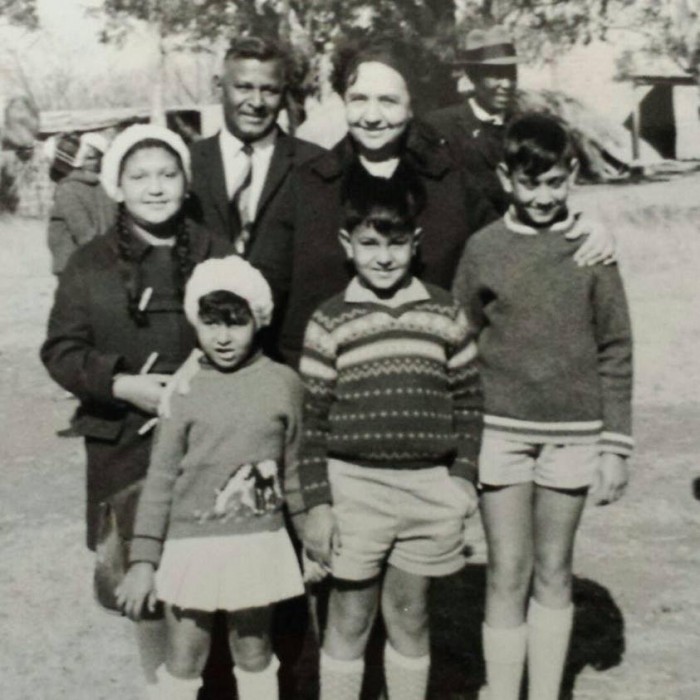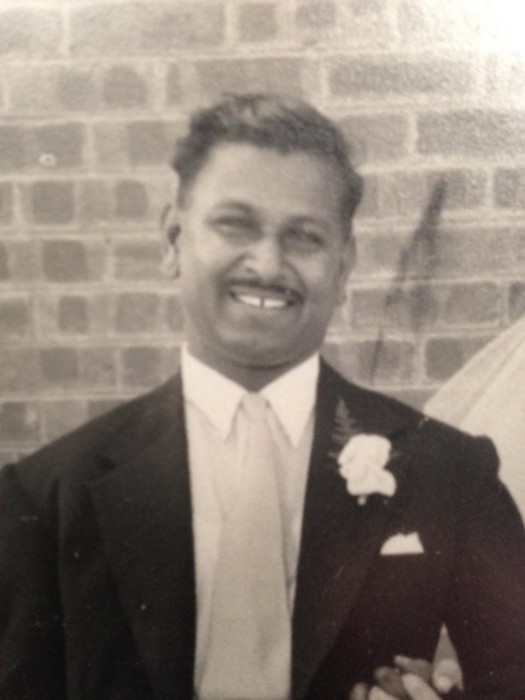
Heartfelt Account of SA’s “Emigration Carousel” as More South Africans Want to Leave. Again.
It is said that if you live long enough, you will experience most things twice — my grandpa, poor man, had the misfortune to live through two World Wars. There’s another adage: if you keep something long enough, it will come back into fashion. Both of those apply to the new / old trend in our country […]

It is said that if you live long enough, you will experience most things twice — my grandpa, poor man, had the misfortune to live through two World Wars. There’s another adage: if you keep something long enough, it will come back into fashion. Both of those apply to the new / old trend in our country right now — the emigration carousel…

There have been reports that the numbers of South Africans wanting to leave the country has spiked. Again!
Some say inquiries about the “how” of leaving are up by 50% compared to last year. Default destinations are, as usual, Australia, Canada with a small, but determined and affluent group of would-be emigrants choosing Europe.
[quote_center] “…the numbers of South Africans wanting to leave the country has spiked. Again!”[/quote_center]
Portugal is the new favourite country on the map for those who have €500 000 to invest in that country… a sum that buys you European Union citizenship. Portugal — poor cousin to Spain — is the new gateway into Europe.
People have left the country of their birth to settle in imagined greener pastures since the beginning of time and travel. For a host of reasons, but always with fear as the main ingredient: religious and political persecution, economic insecurity, escape from crime…
This is not the first time we have seen people scurrying to leave these southern shores and set up home somewhere else.
[quote_center]”‘Packing for Perth’…the perceived land of milk and milky white government”[/quote_center]
In the early 1990s we called it “Packing for Perth”: the phenomenon of white South Africans, terrified of the changing political landscape, leaving in droves for the perceived land of milk and a milky white government.
As a working journalist, I interviewed dozens of professional people who were leaving. Many said they wanted to give their children a better chance. Some said they were motivated by the uncertainty of what was to come in the new South Africa.
Members of my own family left to settle in Melbourne and Sydney. The less brave headed for New Zealand where — the joke went — the most pressing issue of the day (covered in provincial, colloquial papers) was that the bread price had gone up.
Those of us who stayed to witness the swearing in of dark-skinned politicians, newly returned from exile, laughed in the face of an increase in the Kiwi-obsessed price of a killer carb.
We were faced, daily, with the feeble fight back tactics of the right wing, several last ditch attempts by Eugene Terre’Blanche and his tribe of black shirts to make a stand against inevitability.
[quote_center]”We were sighing with pride as Nelson Mandela was sworn in as President…”[/quote_center]
We were cheering as a majority rule constitution was adopted. We were dealing with Chris Hani’s senseless death. We were sighing with pride as Nelson Mandela was sworn in as President, with relief that it had all gone so well.
They were heady days, days of a welcome change in our pariah status. Those of us who stayed were bewildered by the stampede at Jan Smuts Airport as our friends and family — who could afford to — left.
But immigration, it seems, is cyclical.
My pioneering grandparents left southern India when they were offered the chance of a new life as indentured labourers.
They arrived in South Africa, were housed in barracks on the KwaZulu Natal south coast in towns like Umzinto, Sezela, Park Rynie… where they spent their days cutting cane to feed the country’s sugar habit. (Tim Noakes and his Banting have certainly changed that!! Sugar is the new white substance and many of those cane fields now game farms.)
It was back-breaking work, and my grandpa bore the crisscross scars of his labours on his hands, feet and lower legs. So the incentive to stop cutting sugar was huge, and within two years my grandpa and granny had saved their paltry earnings to buy a bicycle so Gramps could sell live chickens in the suburbs.
My own parents, in the late 1960s, predicting that the apartheid system would become more and more unbearable, began the process of applying for residence in Canada.
[quote_center]”The man in khaki…screamed at my father: ‘Coolie, get your half-breed children off this white beach.'”[/quote_center]

I remember the day my father first raised the topic with my mother…and the day my 8-year-old self realized my dad was human and not the super hero I’d thought him to be.
We were in Durban, a rare holiday treat for us landlocked northern Natalers, living as we did in Ladysmith.
My father took his four children to the beach. Dad, always so dignified and stern, dressed for this seaside excursion in a pair of baggy shorts that sat uncomfortably above his skinny black knees, Dad screaming at us to be careful as we ran down to the water, all five of us — racing towards the white spume, towards the vast body of water that is the Indian Ocean.
The man in khaki appeared out of nowhere, screamed at my father: “Coolie, get your half-breed children off this white beach.”
I waited for my dad, the headmaster of a high school, to say something, to speak firmly to the young man — no more than a boy really – standing in front of him. But my fearless dad, my idol, said nothing as he gathered my baby sister Antonette into his arms, grabbed hold of my little brother Shaun’s hand, and nodded to Anton and me to follow him off the beach.
My folks baled at the last minute and cancelled their advanced plans to leave South Africa.
Dad’s brother and sister left with their young families anyway. They never got to Canada — while waiting in London for their Canadian visas, life happened; they got jobs, enrolled in schools… Today, a large part of my father’s family lives in London.
[quote_center]”The only difference this time is that it’s not just frightened white people leaving.”[/quote_center]
So it’s no surprise that there’s an upsurge in the numbers of people wanting to leave this country. The only difference this time is that it’s not just frightened white people leaving. This time, the reasons are also different than they were in the early 1990s.
Anecdotal reports are that people are less concerned, about crime — though it remains a huge factor. The new fear — even dread — is the uncertainty around what many perceive to be a flailing infrastructure.
Eskom cuts our power supply with increasing regularity, and we are plunged into darkness more and more often. Many fear that there is no plan in play, or end in sight. And, those of us who do pay our electricity bills are resentful that no effort is being made to recoup the billions owed by township residents.
Now we are told that there will have to be water cuts — and not just for hours, but possibly for days — while emergency maintenance is done.
The potholes in the road deepen and widen daily, the un-cleaned storm water drains are clogged enough to make city flooding a possibility.
Then there is the ridiculous rand, which now makes any kind of international travel prohibitively expensive.
These, many will argue, are middle class problems and that service delivery has affected the vast indigent majority with much more punch. That might be true, but the people who are leaving are members of that middle class, that taxpaying middle class whose hard-earned cash oils the machine, and should make it work.
There is nothing new about people wanting to live somewhere else. I’m just sorry that people want to leave for reasons that, actually, could be easily dealt with.
All it really needs is willingness on the part of the powers that be, and the employment of capable people who make sure the money is spent on the project, and does not end up in corrupt pockets.
***
This article first appeared on the Rand Daily Mail site and is republished here with the kind permission of Charmain Naidoo.
CHARMAIN NAIDOO has worked as a journalist for 30 years. She has now retired and is writing a book.